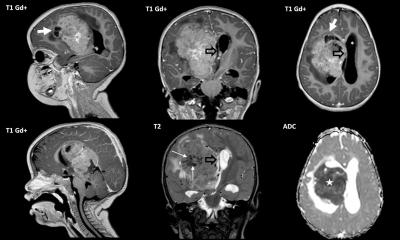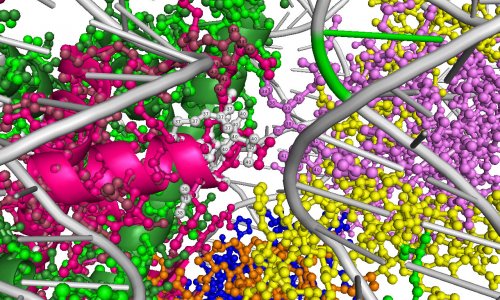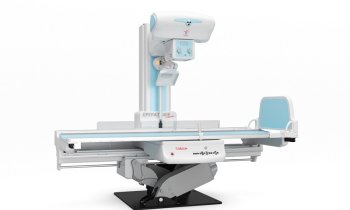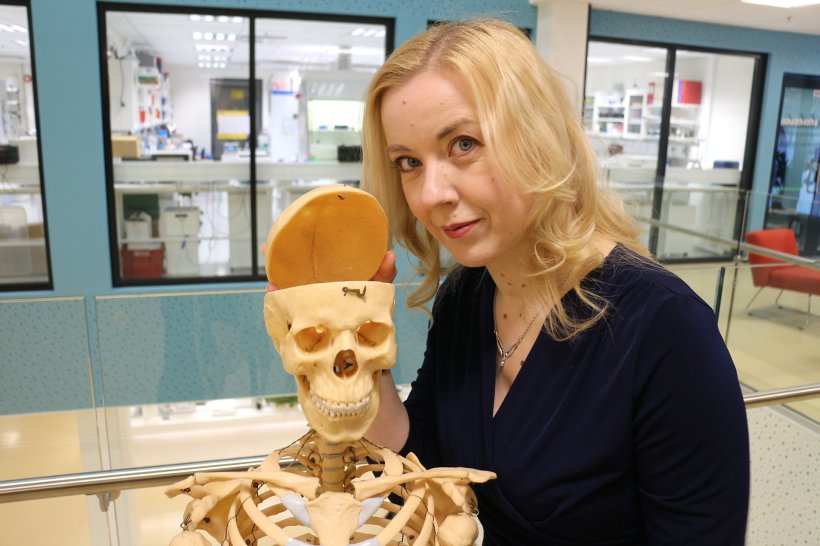
Image source: Tampere University; photo: Jukka Lehtiniemi
News • Atypical teratoid/rhabdoid tumours
Understanding the development of AT/RT brain cancer in children
A new study conducted by researchers at Tampere University and Tampere University Hospital revealed how aberrant epigenetic regulation contributes to the development of atypical teratoid/rhabdoid (AT/RT) tumours, which are aggressive brain tumours that mainly affect young children.
There is an urgent need for more research in this area as current treatment options are ineffective against these highly malignant tumours.
The study was published in Life Science Alliance.
Most tumours take a long time to develop as harmful mutations gradually accumulate in cells’ DNA over time. AT/RT tumours are a rare exception, because the inactivation of one gene gives rise to this highly aggressive form of brain cancer. AT/RT tumours are rare central nervous system embryonic tumours that predominantly affect infants and young children. On average, 73 people are diagnosed with AT/RT in the USA each year. However, AT/RT is the most common central nervous system tumour in children under one years old and accounts for 40-50% of diagnoses in this age group. The prognosis for AT/RT patients is grim, with a postoperative median survival of only 11-24 months.
The collaborative study conducted by Tampere University and Tampere University Hospital examined how aberrant DNA methylation distorts cellular developmental trajectories and thereby contributes to the formation of AT/RT. DNA methylation is a process whereby methyl groups are added to the DNA strand. DNA methylation is one of the mechanisms that cells use to control gene expression, and methylation patterns change during normal brain development.
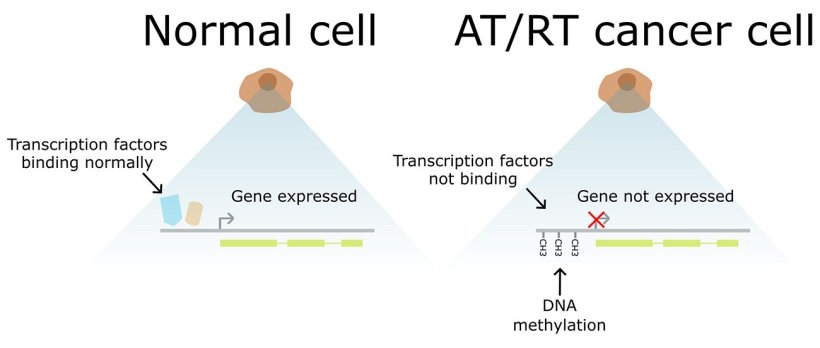
Image source: Tampere University; photo: Joonas Uusi-Mäkelä
The new study showed that DNA methylation interferes with the activity of multiple regulators, which under normal circumstances regulate the differentiation and maturation of central nervous system cells during brain development. Disrupted cell differentiation promotes the abnormal, uncontrolled proliferation of cells that eventually form a tumour.
The study also found several genes that regulate cell differentiation or inhibit tumour development and are silenced in AT/RT together with increased DNA methylation. The findings will pave the way for a more detailed understanding of the epigenetic dysregulation mechanisms in AT/RT pathogenesis and enable researchers to identify which genes contribute to the malignant progression of the tumour.
“These results will provide deeper insights into the development of AT/RTs and their malignancy. In the future, the results will help to accelerate the discovery of new treatments for this aggressive brain tumour,” says Docent Kirsi Rautajoki from Tampere University.
At Tampere University, the research was mainly carried out by the research groups led by Kirsi Rautajoki and Professor Matti Nykter. The key partners from Tampere University Hospital included paediatrician, LM Kristiina Nordfors, neurosurgeon and Docent Joonas Haapasalo and neuropathologist and Docent Hannu Haapasalo.
Source: Tampere University
16.04.2024



